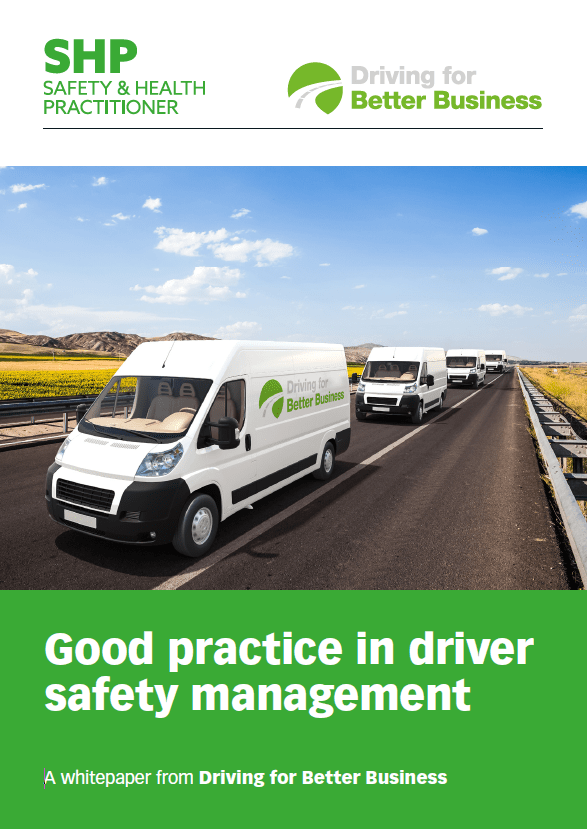Long-distance commercial drivers who consume caffeinated substances to stay awake while driving are significantly less likely to crash than those who do not, researchers from Australia have found.
Long-distance drivers routinely experience monotonous and extended driving periods in a sedentary position, which can lead to drowsiness and increase the likelihood of crashing.
While previous studies have identified that caffeine consumption can increase alertness, they have been inconclusive in relation to the effects of caffeine in reducing the likelihood of injury.
To assess whether such a link exists, researchers from the University of Sydney carried out a study of long-distance commercial vehicle drivers, investigating, among other factors, the effects of caffeine on the likelihood of a crash or collision.
The study was conducted between 2008 and 2011 in New South Wales and Western Australia. Participants were long-distance drivers, whose vehicle mass was at least 12 tonnes. The study compared 530 drivers who crashed their vehicle while on a long-distance trip (cases) with 517 drivers who had not experienced a crash in the previous 12 months (controls).
Forty-three per cent of drivers reported consuming substances containing caffeine – such as tea, coffee, caffeine tablets, or energy drinks – for the express purpose of staying awake.
Lead author of the paper Lisa Sharwood remarked: “This may seem effective in enhancing their alertness, but it should be considered carefully in the context of a safe and healthy fatigue management strategy; energy drinks and coffee certainly don’t replace the need for sleep.”
Case drivers were, on average, nearly two years younger than control drivers and were more likely to have had a least one crash in the past five years. Control drivers had more driving experience and tended to drive longer distances than case drivers. However, they also reported fewer hours sleep each night and having more difficulty staying awake while driving.
After adjusting for factors such as age, sleep patterns, symptoms of sleep apnoea, kilometres driven, breaks taken, and night-driving schedules, the researchers found that drivers who consumed caffeine to help them stay awake were 63-per-cent less likely to crash than drivers who did not take caffeinated substances.
Having a previous crash in the past five years also increased the risk of experiencing a crash by 81 per cent.
The researchers concluded that the consumption of caffeinated substances “can significantly protect against crash risk for the long-distance commercial driver”, which has “important implications for the improvement of fatigue management strategies for this and similar populations”.
They cautioned that a caffeine injection is only useful for a short time and that having regular breaks, taking naps and implementing suitable work schedules are strongly recommended.
The research, ‘Use of caffeinated substances and risk of crashes in long-distance drivers of commercial vehicles: case-control study’ is published on the British Medical Journal’s website at www.bmj.com/content/346/bmj.f1140
This eBook will guide you through some of the key understandings you need to be able to manage driver safety effectively and, at the end, provide a series of free resources you can access to help you ensure your own driver safety management system is robust, legally compliant and in line with industry-accepted good practice.
Download this eBook from Driving for Better Business and SHP to cover:
- Why do we need to manage driver safety?
- Duty of care – a shared responsibility;
- Setting the rules with a driving for work policy;
- Managing driver safety;
- Ensuring safe vehicles;
- Safe journeys and fitness to drive;
- Record keeping;
- Reporting;
- The business benefits of good practice;
- Additional resources


Very interesting, but what is not mentioned is the traffic disruption caused when their “Road Trains” were parked outside the major coffee houses!